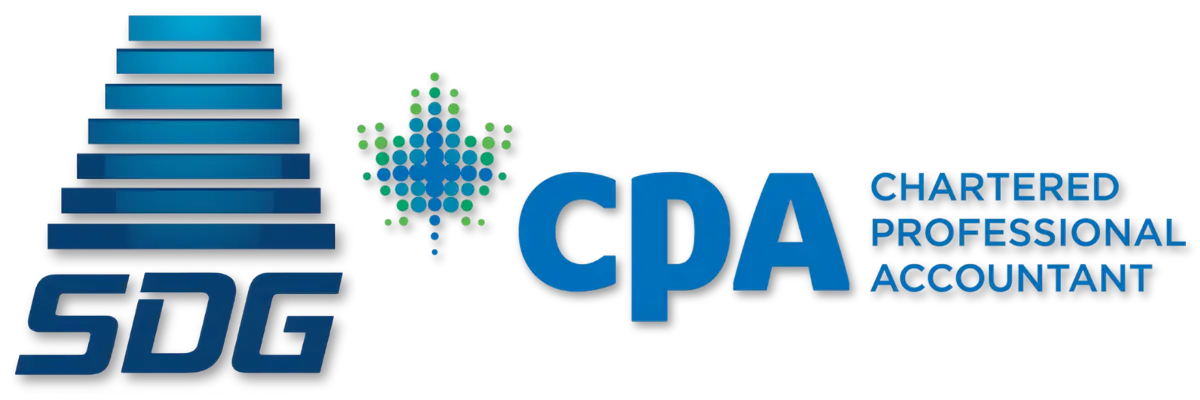
When it comes to taxes many individuals have the tendency just to report their income and a few other expenses that they have become accustomed to collecting, such as medical expenses or property taxes. However, if you have assets outside of Canada you could have additional reporting obligations that you may be unaware of. The CRA’s Form T1135 requires certain taxpayers to provide information about their foreign property. If you are a resident of Canada and have over $100,000 CAD in Specified Foreign Property at any point in the year then you meet the basic requirements in filing the T1135. As with most items, there are exceptions that change the filing requirements or make you exempt from filing.
Specified Foreign Assets
The first step in determining if Form T1135 applies to you is to see if your foreign property qualifies as Specified Foreign Property.
Specified foreign property is defined in subsection 233.3(1) of the Income Tax Act and includes:
- Funds or intangible property (patents, copyrights, etc.) situated, deposited or held outside Canada
- Tangible property situated outside Canada
- A share of the capital stock of a non-resident corporation
- Shares of corporations resident in Canada held outside Canada
- An interest in a non-resident trust that was acquired for consideration
- An interest in a partnership that holds a specified foreign property unless the partnership is required to file Form T1135
- A property that is convertible into, exchangeable for, or confers a right to acquire a property that is specified foreign property
- A debt owed by a non-resident, including government and corporate bonds, debentures, mortgages, and notes receivable
- An interest in a foreign insurance policy
- Precious metals, gold certificates, and futures contracts held outside Canada
The Specified Foreign Property does not include:
- A property used or held exclusively in carrying on an active business
- A share of the capital stock or indebtedness of a foreign affiliate
- An interest in a trust described in paragraph (a) or (b) of the definition of exempt trust in subsection 233.2(1)
- Personal property used for the enjoyment of you or your families, such as furniture, automobiles, boats, a cottage, and other similar properties.
- An interest in, or a right to acquire, any of the above-noted excluded foreign property
If you own more than $100,000 CAD of Specified Foreign property at any time during the year, then you will need to file Form T1135. Since the value of your property may fluctuate during the year it’s important to note that for Form T1135 you should be using the Adjusted Cost Base to determine the value of your property rather than the current fair market value. However, there are still two conditions that would make you exempt from filing Form T1135:
- You are considered to be a non-resident for tax filing purposes
- This is the first tax year where you are a resident
Filing Form T1135
If you meet all of the criteria and none of the exemptions apply to you, the next step is to file Form T1135. For individuals between $100,000 CAD and $250,000 CAD during the year, you can choose between filing Form T1135 using the simplified method or with the detailed reporting method. Under the Simplified reporting method, you simply need to report what types of Specified Foreign Property you own, the three countries where you hold the majority of your Specified Foreign Property, the total income from all Specified Foreign Property, and the gain(loss) from a disposition of any Specified Foreign Property.
For years after 2015, the CRA added the Detailed Reporting Method which is required for any taxpayer who had over $250,000 CAD in Specified Foreign Property during any time in the year. Under the Detailed method, you provide information on all Specified Foreign Property that you own. For each individual item, you will need to provide a description or name, the country in which it is held, the maximum cost during the year, the cost at the end of the year, any income generated during the year from the property, and the capital gain or loss from the disposition of the property.
With the amount of information required in the Detailed Reporting Method, taxpayers can save a lot of time and hassle by opting for the Simplified Method if possible. No matter which method you go with when filing Form T1135, it is important to get it in before the deadline. Fines for failing to file Form T1135 can quickly add up, as the CRA charges $25 per day the form is filed late, up to a maximum of $2500 per year. If the failure is deemed to be gross negligence this fine can increase to $500 per month up to a maximum of 24 months ($12,000). Filing under the Voluntary Disclosure Program could help to remove any fines or penalties if you realize that you have been negligent in your filing requirements for Form T1135.
As with many other tax situations, it is important to consult a professional to determine your filing requirements and to ensure that you are filing correctly. SDG Accountant offers consultations to help you stay in full compliance with the CRA, on this and other tax matters.
This site provides general information on various tax issues and other matters. The information is not intended to constitute professional advice and may not be appropriate for a specific individual or fact situation. It is written by the author solely in their personal capacity and cannot be attributed to the accounting firm with which they are affiliated. It is not intended to constitute professional advice, and neither the author nor the firm with which the author is associated shall accept any liability in respect of any reliance on the information contained herein. Readers should always consult with their professional advisors in respect of their particular situation.
— Sami Ghaith, CPA
August 8th, 2017

